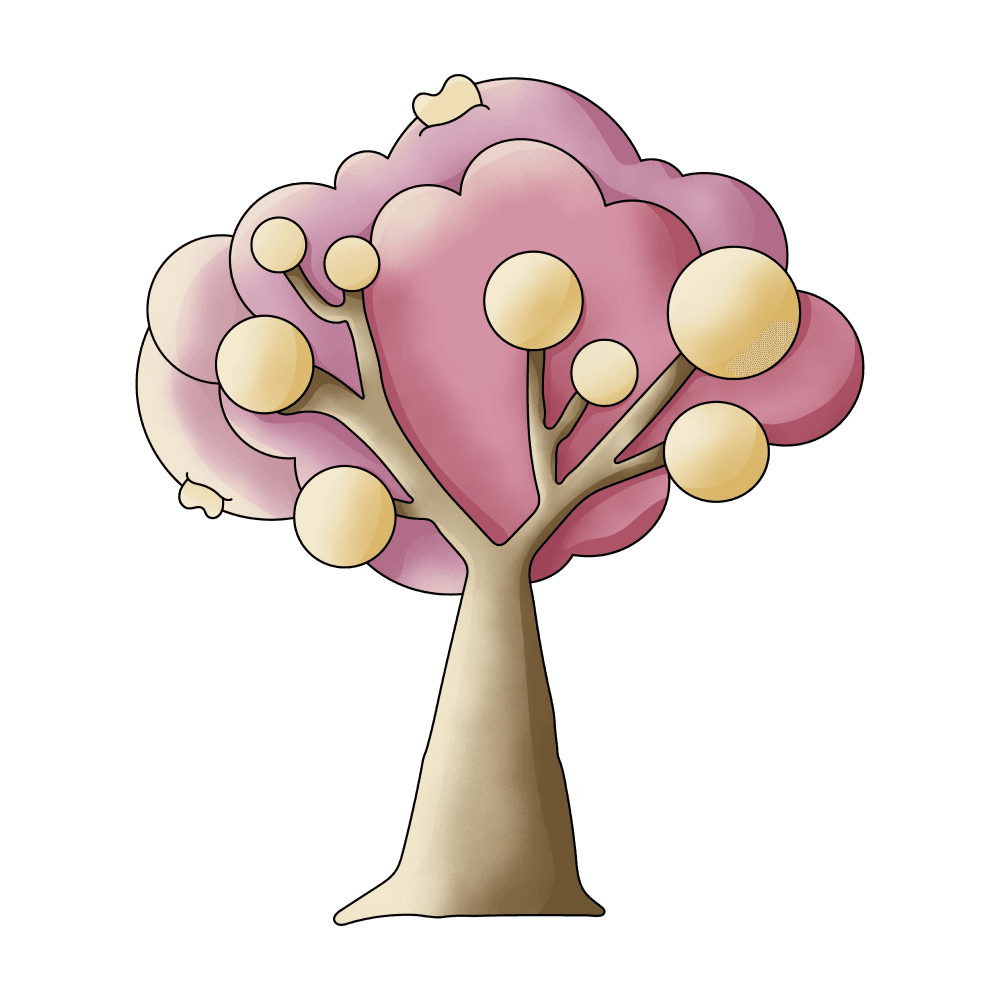Dream About Family Reunion And Surgery
Dream interpretation about Sexual, Sick, Family, Magic, Body

This dream was about
I was travelin to some sort of family reunion with my mother, we were clad in mostly white clothes. As we rolled up the the oddly fuzzy grassy plane, I saw numerous people i presumed to be family, but I couldn't make out many if any of their faces at all, really. I only recognized my Nana and one of her sisters. My Nana was the first to greet us at the party, and one of my great aunts(my Nana's sister) scoffed at how my mother had presented me, disappointed by my overall disheveled appearance. My mother tried to plead my case, saying I was a bit sick(and in the dream, i felt I was), but my great aunt did not care for it. She said that if I was too sick, I should not have come. My mother would eventually yeild to her wishes and bring me to a nice cabin, on the outskirts of the property that which the party was still being held on. My great aunt did not really acknowledge me but I noticed some family members waving goodbye, and my Nana worriedly(for my sickened sake) also bid me farewell. She prompted me to lay on a soft bed, rubbing my forehead and telling le she would return when the part was over to retrieve me. I smiked and also bid her farewell as she kissed my forehead before leaving through the door. Then, there was a man, presumably already in the cabin before we could get inside, but he was no stranger. Oddly, enough, he was an anime character, one i knew, called Gojo Saturo, though I've never actually seen the source material. (Despite that, I will admit that in real life i've read raunchy and dark fictional scripts of him—though never anything primarily gorey, whuch is why the next part was so confusing to me) He began to stradle my lap and caress my body in a sensual way, but he did notice my reluctance and withered state of body. Before I could really communicate anything to him he had already acquired a manic grin, saying that he could "fix me", He cut me open, it seemed with onky his hands though the cut looked clean like a scissor. My organs were on complete display, and also cut clean through. A scream aas bareky stuck in my throat as a strong pressure and unruly sensation that I figure was supposed to be the pain of this situation that i've never felt before. He rummaged through my open body cartoonishly, picked out something prickly and gross from what i assumed was my large intestine, before throwing it behind his back amd sealing me up with the magic of his hands. A luminescent, white light lined the scar that would be my insides and outer belly being pulled together by some other-wordly glue like substance before turning a darker, more feasible colour. I was constantly gasping at all the odd sensations, cries caught in my throat, as it never seemed to get that bad, I was never really fealing pain but not feeling pleasant either. It felt like shock. He got excited, then. Pulling his pants down, fondling my vaginal entrance. I squeaked and tried to convince to lay off—tell him that he had essentially just perfomed surgery on me, and that I needed to rest. But he had an odd air to him, white hair and pale blue eyes. He seemed like he didn't understand. He seemed like he just wanted my pleasure above all else. So when he thrust into me anyways, I screamed and cried and moaned. Because it did feel good, but I was terrified of ripping my stitches, and I was rapidly becoming more and more wary of him. He kept one hand on my hip, hard so I couldn't remove myself from under him, but it seemed he started to see my pain. I was trying to speak to him between gasps and sobs, "Gojo, I can't—the scars, theyre gonna open up, Gojo, please" He tried reassuring me, saying "Look, look! I'll heal you even faster while we fuck, so we cam keep going. Are you okay now, baby?" And while his "healing" was indeed working, where he pressed his hand on my stomach the dark scar turned bright again and began to fade from the bottom up and he worked harder to remove the scar, but again, the pressure was alot. He held my hip down with a heaping amount of strength in that one hand while the other pressed onto my stomach to hasten its recovery, all while mercilessly snapping his hips into mine, panting like a dog, very pleased with himself. His smile was giddy and his tones were absurd as he spoke to me. The pleasure from the penetration had me further encompassed into this weird "shock" feeling. I could feel the light buzzing of magic being used to heal my body, the thickness of his warm dick filling me in quick repeating thrusts, and the subtle but prominent fear of the whole situation. I did wake up to a weird half-orgasm though.

Dream date:
23 Oct 2024
AI-generated Dream Radar
AI-generated Dream Analysis
Summary:
Emotional tone:
Frequency:
Intensity:
Realism:
Vividness:
Coherence:
AI-generated Dream Review
The content above was generated by AI, under the supervision of experts in dream interpretation. The AI model was developed using the latest advancements in psychology and dream analysis.
What do you think about this dream?
Latest comments
Participate in insightful discussions, track other dreamers, and view their responses.
Popular discussions
DreamApp is a dream interpretation app that knows what your dream means.
We explain why you have seen this dream and use it to identify what is blocking your mental health and happiness.

TOP50
TOP50
Health & Fitness Apps, USA


1.6M
1.6M
Downloads


2.5M
2.5M
Dreams Analyzed

Try now


Dream App
Free dream interpretations

(1,213)










